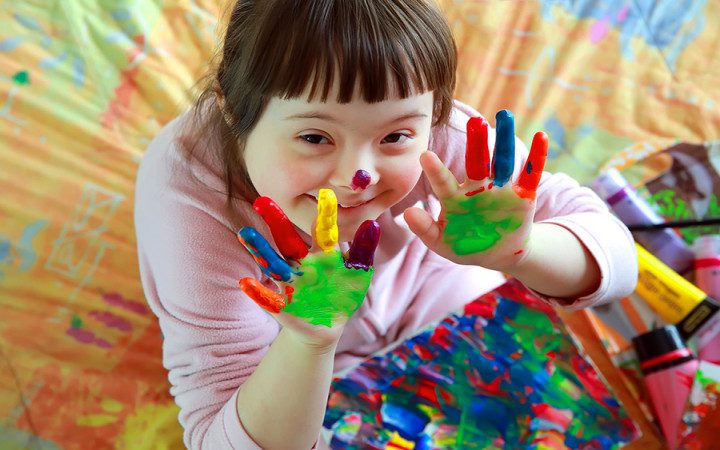
“Art enables us to find ourselves and lose ourselves at the same time.” – Thomas Merton
In the realm of disability support services, the power of art and creativity transcends conventional forms of therapy, offering individuals a profound avenue for self-expression, healing, and personal growth. As the National Disability Insurance Scheme (NDIS) strives to provide holistic and person-centred care to participants across Australia, the integration of art therapy emerges as a transformative tool in fostering well-being and empowerment. Within this context, Trusted Care & Support Services stands at the forefront of innovation, embracing the healing potential of artistic expression to enrich the lives of NDIS participants and cultivate a more inclusive and compassionate community.
Art therapy is a therapeutic technique that utilises the creative process of making art to improve and enhance the physical, mental, and emotional well-being of individuals. It provides a safe space for participants to explore their thoughts, feelings, and experiences through various artistic mediums, including painting, drawing, sculpture, and collage. Unlike traditional forms of therapy that rely heavily on verbal communication, art therapy offers a non-verbal means of expression, allowing individuals to communicate and process complex emotions that may be difficult to articulate verbally.
At Trusted Care & Support Services, we recognise the profound impact that art therapy can have on the lives of NDIS participants. That’s why we have integrated art and creativity into our support programmes, offering participants the opportunity to engage in meaningful artistic activities that promote self-discovery, self-expression, and personal growth. Our team of experienced and qualified support workers are trained in art therapy techniques and are dedicated to creating a supportive and nurturing environment where participants feel empowered to explore their creativity and express themselves freely.
Through our art therapy programmes, participants have the opportunity to explore a wide range of artistic mediums and techniques, from painting and drawing to sculpture and mixed media. Whether it’s creating a colourful masterpiece on canvas, sculpting a clay figurine, or crafting a collage of meaningful images, participants are encouraged to tap into their innate creativity and express themselves in ways that resonate with them personally.
One of the key benefits of art therapy is its ability to promote relaxation, reduce stress, and improve overall mental well-being. Engaging in artistic activities can provide a welcome distraction from the challenges and stresses of everyday life, allowing participants to focus on the present moment and channel their energy into creative expression. This can be particularly beneficial for individuals with disabilities who may experience heightened levels of anxiety or stress.
In addition to promoting mental well-being, art therapy also has physical benefits, such as improved fine motor skills, coordination, and dexterity. Many artistic activities require participants to use their hands and fingers in precise and controlled ways, which can help to strengthen muscles and improve overall motor function. For individuals with physical disabilities, engaging in art therapy can be a fun and enjoyable way to work on fine motor skills and improve physical coordination.
Beyond the individual benefits, art therapy also has the power to foster social connection and community engagement. By participating in group art activities, participants have the opportunity to connect with others who share similar interests and experiences, building meaningful relationships and a sense of belonging. This sense of connection and community can be incredibly empowering, helping individuals to overcome feelings of isolation and loneliness and cultivate a sense of camaraderie and support.
In conclusion, art therapy offers a unique and powerful means of promoting well-being, empowerment, and personal growth for NDIS participants. At Trusted Care & Support Services, we are committed to harnessing the healing power of artistic expression to enrich the lives of individuals with disabilities and create a more inclusive and compassionate society. Through our innovative art therapy programmes, we aim to empower participants to explore their creativity, express themselves authentically, and discover the transformative potential of art in their lives.
